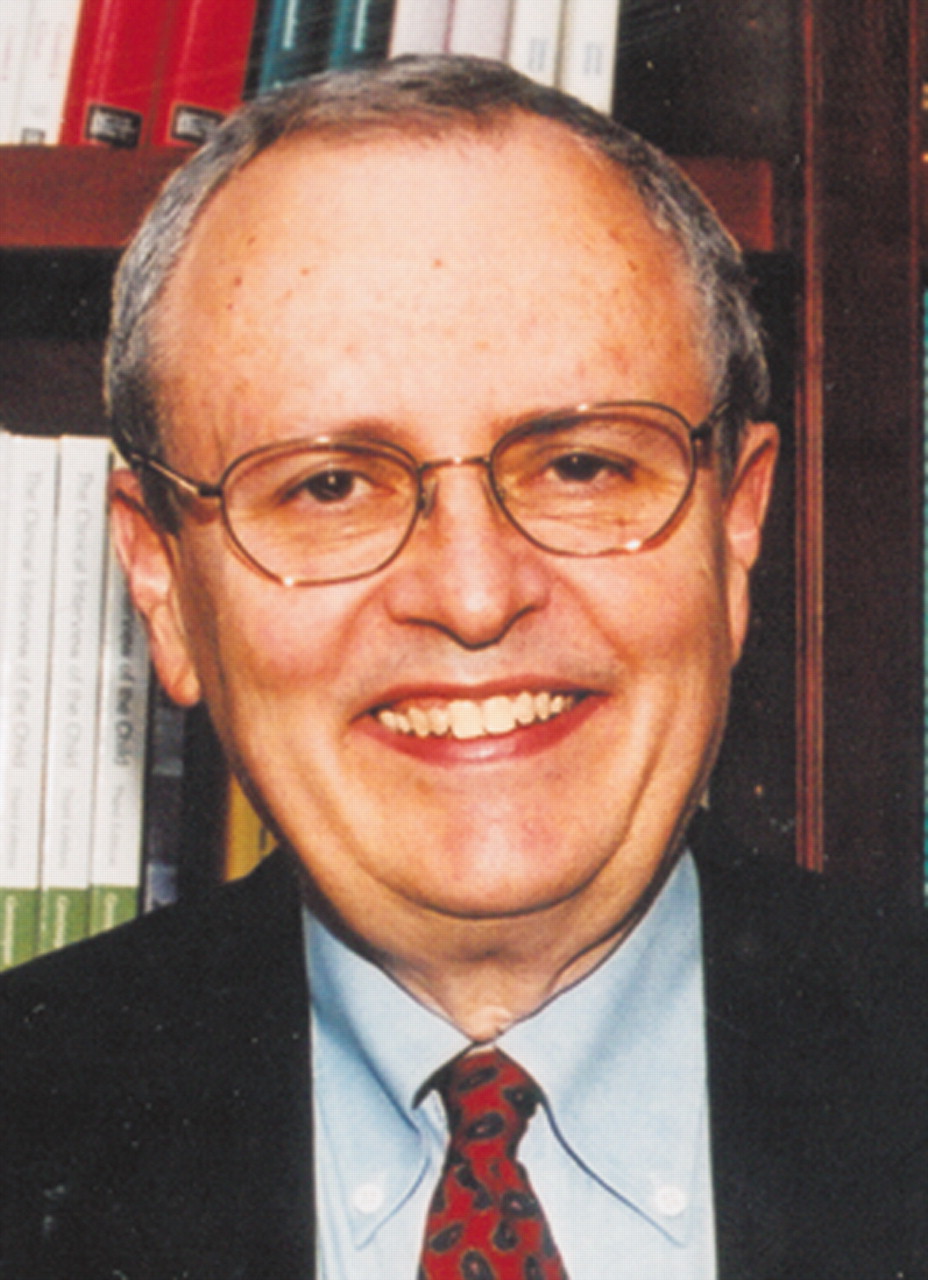My 15 Minutes of Fame

Andy Warhol famously said, “At some point everyone will have 15 minutes of fame.” Mine came after Tom Cruise made his infamous remarks in an interview on the “Today” show with Matt Lauer on Friday, June 24.
At that time, he asserted that psychiatry was “pseudoscience” and that he knew “the history of psychiatry.” He was critical of actress Brooke Shields for seeking treatment for postpartum depression, asserted that psychiatrists give electroshock to people against their will, and attacked antidepressants as well as the use of medications for children (see Original article: page 7).
He said, “There is no such thing as a chemical imbalance.” Of course, he was spouting the party line of the Church of Scientology. But given that he is a celebrity of the first magnitude and was promoting his new film, these comments lit up the switchboard at NBC as well as at APA.
That Friday afternoon, as I was going to a meeting in Washington, D.C., APA's Office of Communications and Public Affairs contacted me, and soon I was on the phone with a producer from NBC arranging for my appearance on“ Today” on Monday morning.
Although some of us may be quite reluctant to get into a public debate with a movie star or the Church of Scientology, there is no question in my mind that we must respond to assertions and attacks of this kind in the marketplace of ideas. There is an opportunity as well to get our message out.
What is the message for the audience of not only the “Today” show but of all the spinoff media events that occur as a result of this opportunity?
First and foremost, we can tell the world about psychiatry—that psychiatrists are physicians and that our field is backed by science like other branches of medicine. In recent years, thanks to advances in neuroscience, brain secrets at the molecular and genetic levels are being revealed, identifying the close links between nature and nurture.
Most importantly, we can get the word out that psychiatric illness is real disease, and there are interrelated biochemical and psychosocial causes. These illnesses are recognizable, diagnosable, and highly treatable. The message“ treatment works” must be said more than once.
Furthermore, mental illness, including substance use disorders, are among the nation's most widespread, painful, potentially debilitating, and costly public health problems. In a given year, 1 in 5 Americans has a diagnosable mental disorder. Approximately half of these individuals are not in treatment, and this figure counters the assertion (partially true) that there is an overprescription of medications, as the large number of individuals who receive medications may not reach the threshold of a diagnosable mental disorder. So there are many out there who could, but do not, benefit from psychiatric treatment. We are an overmedicated society, and similar controversy occurs in other branches of medicine, such as regarding the overprescription of anticholesterol drugs and antibiotics.
The vast majority of prescriptions for psychiatric medications are written by general physicians, and this is an opportunity to encourage people to get comprehensive psychiatric evaluations when medication may be a consideration. Individualized treatment plans, including psychotherapy, an essential of psychiatric treatment, counter the notion that all we do is “push pills.” In many studies, a combination of medications and psychotherapy is shown to be more effective than either alone.
Thousands of studies have shown that brain chemistry is altered not only by medications but also by psychotherapy and that it is brain neurochemistry that elucidates what a suffering individual thinks and feels, whether normally or pathologically.
Misconceptions about electroconvulsive therapy and the use of antidepressants and psychostimulant medications are opportunities to get the truth out in the media marketplace.
But for me, knowing that I would probably get less than five minutes of air time because the “Today” show had decided to bring in a psychiatrist with “an alternative point of view,” more or less agreeing with Cruise, I had to keep my message crisp, clear, and to the point. So I hit on only a few of these points.
After a somewhat sleepless night in my hotel room, I came up with my opening line. I said, “Mr. Cruise may be a halfway decent actor, but when he starts to play doctor, he is being totally irresponsible.” Later that night on the national “NBC Nightly News,” Tom Cruise's interview with Mr. Lauer was rebroadcast, and the news ended with that excerpt of mine as a finishing touch.
When some individuals make shameful and stigmatizing comments about our patients, we must respond. When celebrities such as Brooke Shields publicly describe their struggles with medical psychiatric problems, we must applaud.
Many others from APA were part of this response. Our superb Office of Communications and Public Affairs, under the leadership of Lydia Sermons-Ward, was on top of this firestorm every moment. In addition to myself, Drs. Jay Scully, Nada Stotland, and Sally Satel, among others, had an opportunity to provide an alternative perspective.
Maybe this wasn't my 15 minutes of fame—maybe it was more like five seconds—but it was an opportunity for the field to articulate our role in providing quality patient care. ▪



